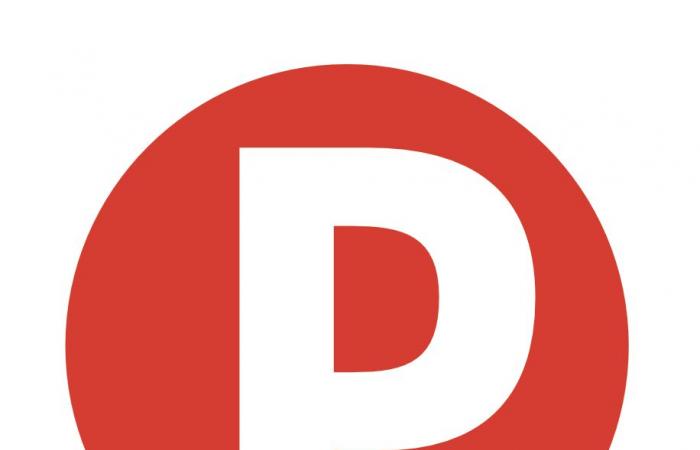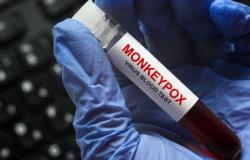05.01.2025 – 10:00
auto-switzerland / auto-suisse
Berne (ots)
The 239,535 new passenger cars put into circulation in Switzerland and the Principality of Liechtenstein in 2024 correspond to a drop of 12,679 vehicles or 5% compared to 2023. The market level therefore still remains significantly below the some 300,000 registrations recorded before the pandemic. In addition to the economic slowdown, demand for new vehicles has been affected by erroneous political signals regarding the progression of electric mobility. The market share of plug-in vehicles, i.e. electric and plug-in hybrid cars, stagnates at 28% in 2024. In view of the lowered CO2 target values which apply to new passenger and delivery cars From 2025 and the introduction of corresponding regulations for heavy-duty vehicles, a massive growth in electric drives is required; However, Switzerland’s third largest importing economy is entering the new year without a valid CO2 ordinance and therefore without clear rules.
After a year and especially a difficult second half, the overall situation of the Swiss automobile market did not improve significantly in December. If the 25,354 new passenger cars make December the best month of the year, the number of registrations nevertheless remains 5.9% lower than the level of December 2023 (26,948). We are still not observing a post-pandemic catch-up effect in terms of vehicle purchases, which will continue to increase the average age of the Swiss passenger car fleet, to the detriment of the environment and road safety. .
Hybrids thrive, plug-in vehicles stagnate
With a market share of 61.6%, alternative propulsion reached a new record. But while full hybrids and semi-hybrids increased by 17% and now represent 33.6% (+6.3 percentage points) of all new registrations, the demand for electric cars (46,141, -12 .5%) and plug-in hybrids (20,801, -10.4%) declined in 2024, despite more than 200 models offered on the Swiss market. Emitting significantly less CO2 and therefore contributing more to falling fleet values, these plug-in vehicles together represent only 28% of the market – and are now expected to experience a real boom given the CO2 target values lowered by around 20% with the new year. Only by reaching a 50% market share could the new, stricter environmental guidelines be achieved without sanctions for importers.
“The annual results for 2024 and the hesitant progress of electromobility are the result of an erroneous policy”, summarizes the president of auto-suisse, Peter Grünenfelder. “First, the Federal Council removed the 4% car tax exemption for electric vehicles at the beginning of 2024. Leading to an increase in prices, this decision is clearly reflected in the market shares of electricity in 2024. Then, Parliament decided against a strengthening of private charging infrastructure in the CO2 law. In addition, we are facing excessive electricity prices from electricity companies. energy public, which also does not facilitate the transition to electric mobility.” And now federal policy is so slow that it is still unclear what provisions apply, apart from the target value, from January 1, 2025. “In the worst case, the local auto industry will not will know that during the second quarter of 2025 which rules it should have respected since the beginning of the year A retroactive implementation of the ordinance relating to the CO2 law by the Federal Council would be an unlawful process against which self. -Swiss will oppose by all means. The Federal Council must definitively postpone the introduction of the new target values.”
Achievement of CO2 target values is compromised
“We do not believe that it will be possible to achieve the CO2 target values in 2025 with the current level of demand of 28% for plug-in vehicles,” adds the director of auto-suisse, Thomas Rücker. “This does not only apply to passenger cars, but also and especially to light commercial vehicles. A significant exceedance of the target value would result in enormous penalties in the order of hundreds of millions, which will be difficult to meet without an increase in prices for consumers and the resulting repercussions for the entire economy. Furthermore, this would not effectively correct the overall decline in the market, which, in the worst case, would jeopardize the economy. many jobs and businesses.”
The time has come for politics to make the switch to electric driving as simple and attractive as possible for motorists and businesses, continues Thomas Rücker: “We need a clear political focus on electric vehicles, tariffs of rapidly more advantageous public charging, easier access to home charging stations and a reduction in vehicle prices through the suspension of automobile tax on imported electric vehicles. Swiss to strengthen consumption and replace more their vehicle early for the benefit of comfort and safety.” Otherwise, irreparable damage could be inflicted on Switzerland’s third largest importing economy, leading to major negative repercussions on the national economy.
Detailed figures listed by brand are available at www.auto.swiss. Auto-suisse’s assessments are based on federal surveys; the data may be provisional and not finalized.
Contact:
Christoph Wolnik
Assistant Director / spokesperson
T 079 882 99 13
[email protected]






